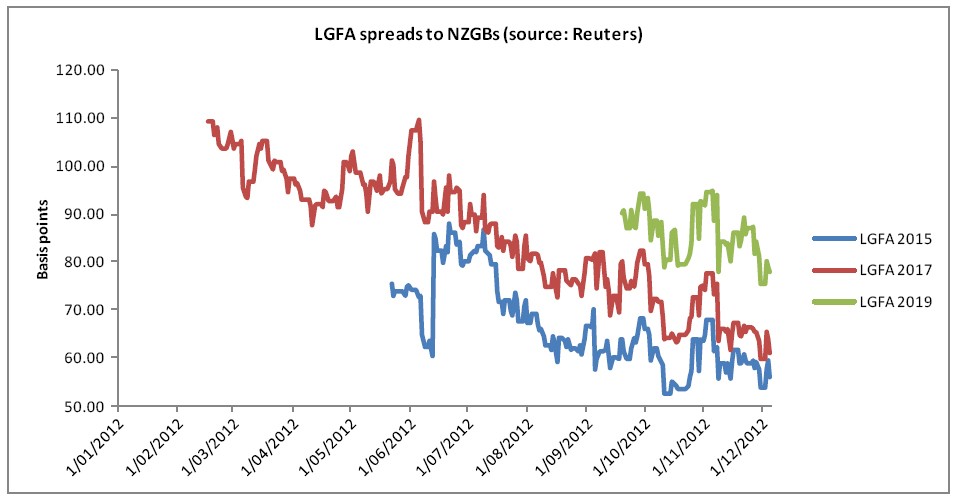Why do governments without debt issue bonds
Post on: 16 Март, 2015 No Comment

Related Topics
Government debt is not only used for funding government expenditure (it is not used even for that depending on your point of view, but that's another issue). Government debt serves at least two other purposes:
1. the government debt of a sovereign currency issuing government (e.g. US, UK, Japan, NOT Eurozone) is used by financial institutions as a risk-free investment. The reason it is called risk-free is that there is no default risk, the government cannot fail to meet the repayments of debt issuing in a currency it creates and controls. These bonds therefore provide a safe (but perhaps low-yield) investment route for financial institutions, and, I assume, provides a great deal of stability to our economies. Most pension funds invest heavily in such government bonds for this reason.
2. Government debt is used by central banks to control the interest rate. The base interest rate in an economy is usually set by the government/central bank and is a primary tool for managing the economy. This can only ever be a target rate though, because the more important determinant of the rates on credit offered by banks is interbank rate. This is the rate that banks charge each other for reserves held at the central bank, which they need to clear their daily payments. The central bank therefore tries to manipulate the interbank market by adding or removing reserves from the system. This changes the supply/demand dynamic and therefore the price. In this manner they can (perhaps crudely) hit their target interest rate. The mechanism the central bank uses to add and remove reserves is to buy and sell assets, very often government debt. For example, if the central bank wants to push interbank rates down, they will add reserves to the reserve system by buying up government debt from financial institutions, i.e. swapping government debt for reserves. If they want to push rates up, the remove reserves by selling government debt, i.e. the opposite. So, in short, there needs to be government debt circulating in the economy for the central bank to target a specific interest rate (or at least it helps).
—-
Some musings.
I have heard the 'national debt' be described by some as 'national savings'. This seems justified to me, since, whenever there is a debtor, there has to be an investor. If the government is paying interest out, someone is receiving it. And given the prevalence of government debt in pension funds, it is not just rich folk 'bank rolling' the government reaping the rewards, it is all of us (pension holder at least). So, to me, it seems like quite a nice symbiosis: that the government gets a tool for managing its economy (i.e. debt issuance) and the public get a stable outlet and environment for their savings. I am often struck by just how many people have accepted the argument that government debt is bad when many of them will be invested in the government debt themselves.
I remember reading that while Australia had several successive years of government budget surpluses, the financial industry were lobbying furiously for them to issue more debt. I'm afraid I cannot locate the source now, but it shows clearly how government debt is an important financial instrument and not just (or even) a source of government funding.
I am not sure how relevant this is to the UAE, apologies if not.














